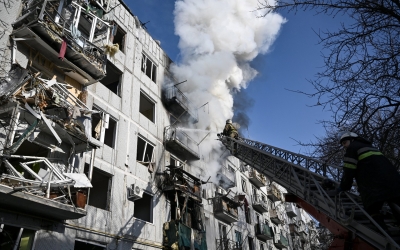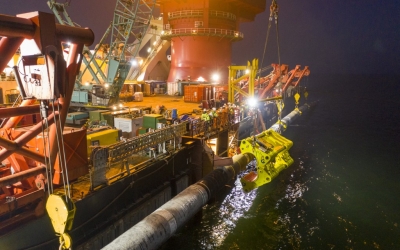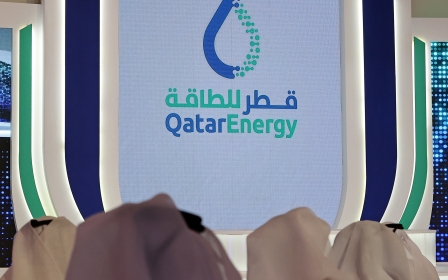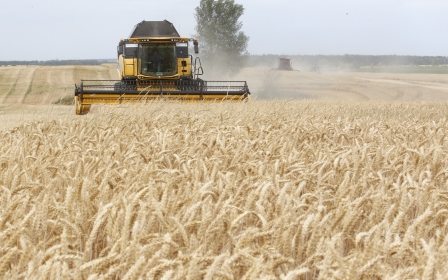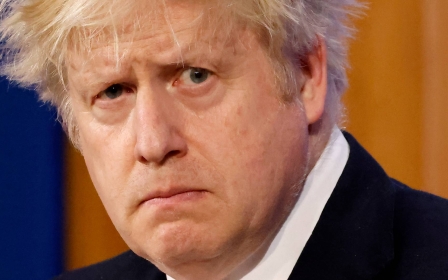Russia-Ukraine war: Oil prices jump over $105, shaking Middle East markets
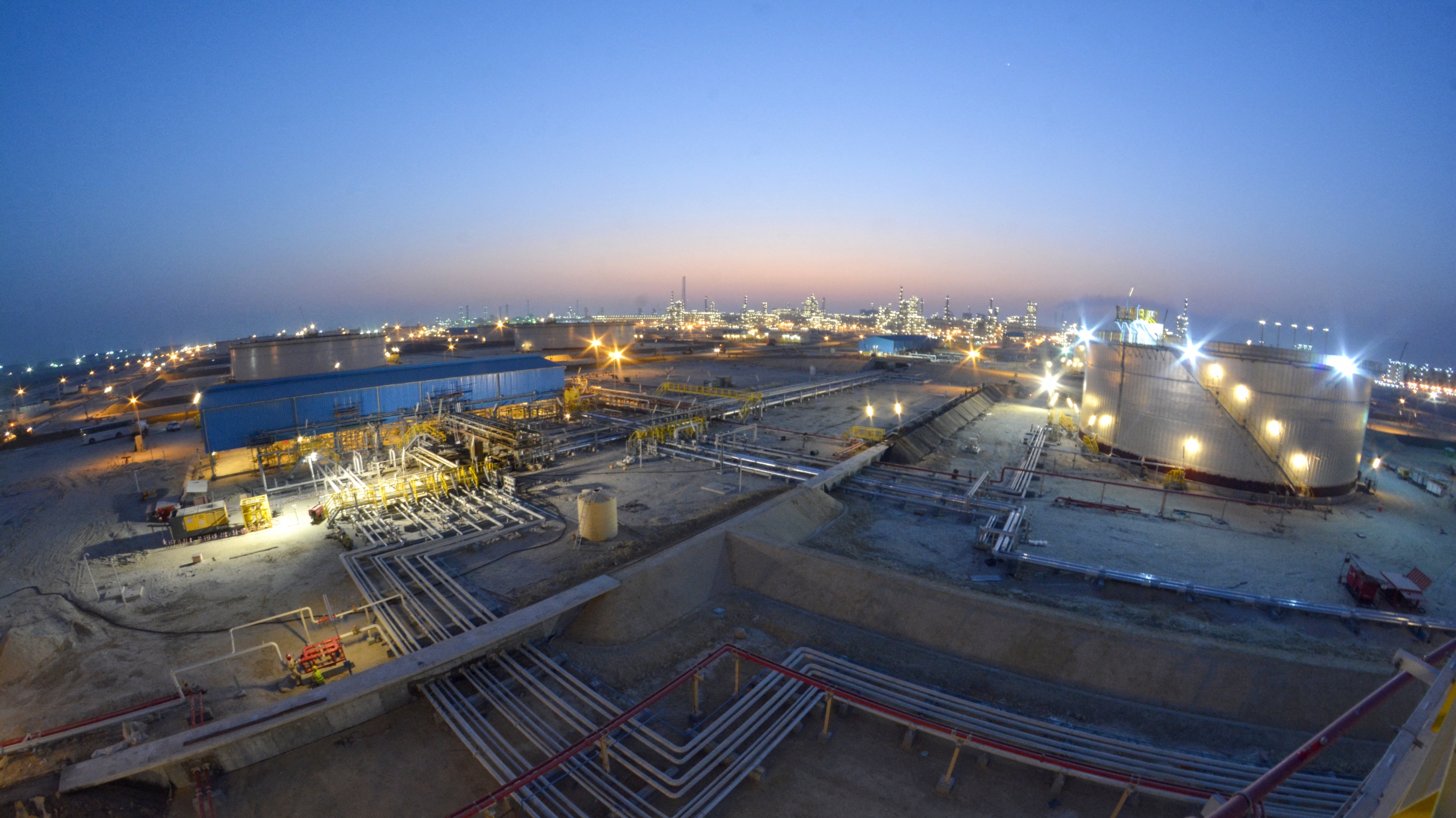
Oil prices surged over $105 per barrel on Thursday, shaking Middle Eastern markets as Russian ground forces invaded Ukraine, imperilling energy supplies to western Europe.
Saudi Arabia, the world's top exporter of crude oil, and Qatar, a leading liquefied natural gas (LNG) exporter, have seen high demand for their energy supplies as tensions escalate in eastern Europe.
Karen Young, director of the economics and energy programme at the Middle East Institute in Washington, told AFP that Riyadh and Doha "are facing a reality in which their main exports are in high demand."
However, Saudi and Qatari capacity to increase oil and gas production - as well as its transportation - to cover Europe's energy needs was "not so simple."
"Investment conditions for either are not quick enough or at the ready to be a superhero in the advent of a collapse of Russian oil and gas to Europe or globally," Young added.
Brent went past $105 per barrel on Thursday morning, its highest price since 2014.
On Tuesday, German Chancellor Olaf Scholz said that his country was suspending the Nord Stream 2 gas pipeline project with Russia as a response to Moscow's recognition of the breakaway regions in Ukraine.
However, Qatar's energy minister Saad al-Kaabi warned on Tuesday that no country can replace Russian gas supplies to Europe with LNG in the event of disruption due to a conflict between Moscow and Kyiv.
"Russia provides 30-40 percent of the [gas] supply to Europe. There is no single country that can replace that kind of volume, there isn't the capacity to do that from LNG," Kaabi said during a gas conference in Doha.
"Most of the LNG are tied to longterm contracts and destinations that are very clear, so to replace that sum of volume that quickly is almost impossible," he added.
OPEC's 'eroding capacity'
Energy experts put Russian gas production at 40 percent globally and 12 percent of crude oil. Its energy supplies are vital for western Europe, which had imposed sanctions on Moscow following its military escalation against Ukraine in the past days.
Officials in the US and Europe had hoped that Qatar could redirect some gas exports to Europe to ease energy strains. In contrast, others called on Saudi Arabia to pump crude oil faster and increase its production capacity.
However, Saudi Arabia, a member of the OPEC+ grouping, had shown no interest in doing this, while Qatar said a quick shift in LNG production capacity is not a possibility.
Amena Bakr, deputy bureau chief at Energy Intelligence, told AFP that "OPEC+ so far has indicated its intentions to stick to the deal," referring to current production quotas for member nations, which includes Saudi Arabia, Algeria, Iran, Iraq, Kuwait, Qatar, Libya and the United Arab Emirates.
"The group's spare capacity is quickly eroding," she added.
Doha and Riyadh are US allies and have hosted US troops on their lands while maintaining good ties with Moscow.
"Saudi Arabia sees great value in keeping Russia as a partner in OPEC," said Ben Cahill, a senior fellow at the Centre for Strategic and International Studies.
"If things get bad and there's pressure to punish Russia, I suspect they'll emphasise that OPEC+ is a technocratic organisation that's focused on market fundamentals," he told AFP.
Young said that oil-rich countries in the Gulf might seize the moment to highlight the importance of their energy sources to western Europe and the US.
"So this may be a moment in which they have leverage to argue their importance in the global economy," she said.
Middle East Eye delivers independent and unrivalled coverage and analysis of the Middle East, North Africa and beyond. To learn more about republishing this content and the associated fees, please fill out this form. More about MEE can be found here.


